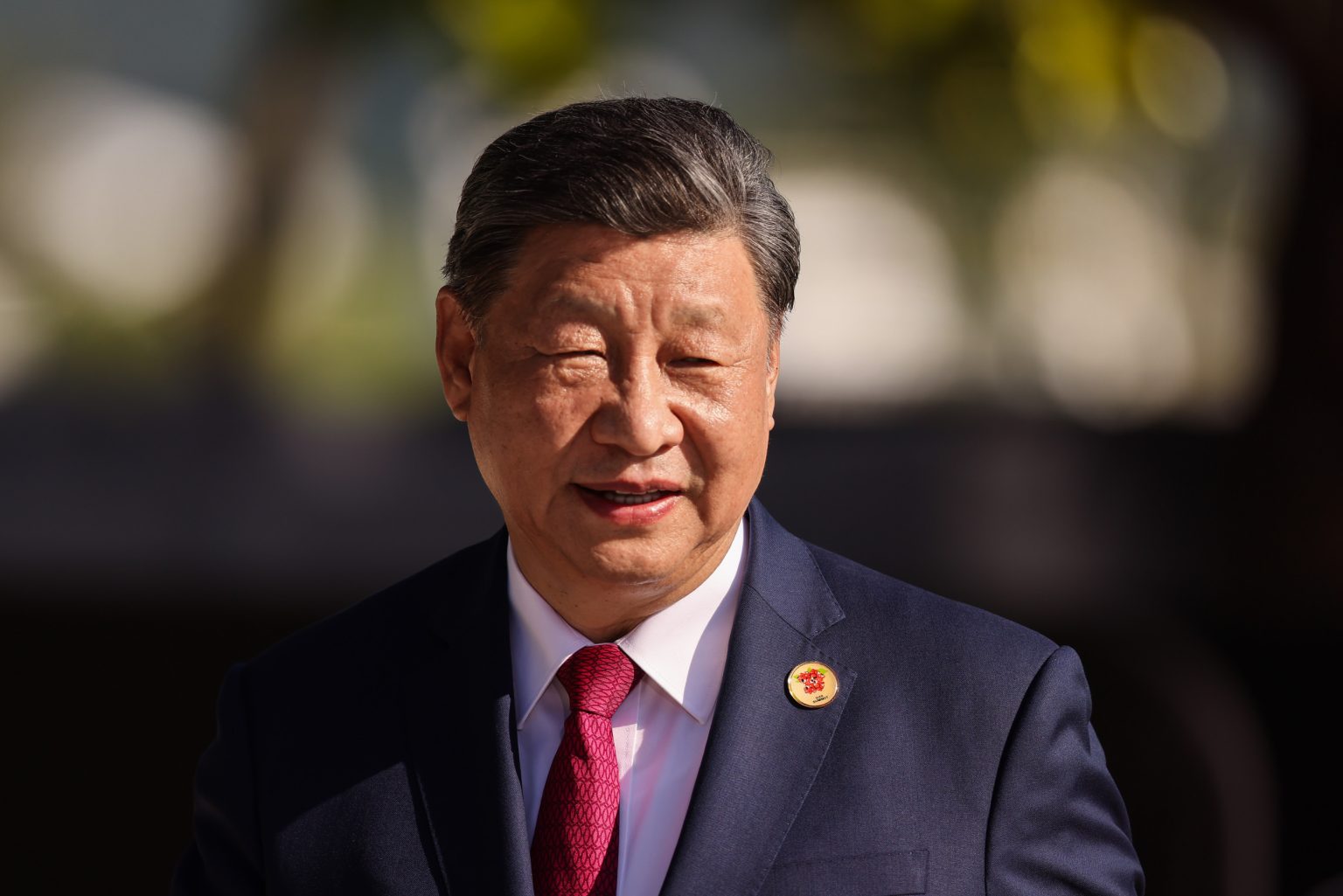China’s recent move to increase civil servant salaries signals a concerted effort to stimulate its flagging economy, particularly by boosting domestic consumption. Facing the specter of a deflationary spiral, where falling prices discourage spending and investment, the Chinese government is attempting to inject much-needed capital into the economy and encourage consumer confidence. This salary increase, estimated at 5% or 500 yuan ($68) per month, will impact approximately 48 million public sector workers, including teachers, bureaucrats, and police officers. While the government has not officially confirmed the raise, analysts estimate it could inject between $12 billion and $20 billion into the economy, a significant sum designed to counter the prevailing economic headwinds. This marks the first publicly acknowledged wage increase for civil servants since 2015, though unconfirmed reports suggest increases occurred in 2018 and 2021.
The salary boost is directly tied to President Xi Jinping’s stated goal of increasing domestic consumption by 2025. China’s economy has long been heavily reliant on investment and exports, leaving domestic consumption significantly below the global average as a percentage of GDP. This imbalance makes the Chinese economy vulnerable to external shocks, such as global economic slowdowns or trade disputes. Noted economist Paul Krugman has criticized China’s apparent reluctance to prioritize domestic demand, highlighting the risks this poses to the country’s long-term economic stability. By increasing the disposable income of a large segment of the population, the government hopes to stimulate spending and invigorate the consumer market.
However, there are differing perspectives on the true motivation and potential impact of the salary increase. Some analysts, like Lizzi Lee, suggest that the move may be less about stimulating consumption and more about addressing a morale crisis within the civil service. Reports of unpaid wages, pay cuts, and cancelled bonuses have reportedly led to widespread frustration and a wave of resignations, particularly among those responsible for essential public services. The salary increase could be an attempt to stem this exodus and restore confidence within the government’s administrative apparatus. Others, like economist Eric Zhu, argue that a more effective approach to boosting consumer confidence would involve direct cash support to lower-income households and families with children, who are more likely to spend any additional income.
The targeted nature of the salary increase, focusing solely on civil servants, raises concerns about potential negative consequences. It could exacerbate existing inequalities and fuel resentment among private sector workers who have experienced wage stagnation or declines. This could further dampen overall consumer sentiment and undermine the intended stimulative effect. Moreover, the long-term efficacy of this measure remains uncertain. Boosting consumption requires sustained income growth and improved consumer confidence, and a one-time salary increase for a specific segment of the population may not be sufficient to achieve these broader objectives.
Adding to China’s economic challenges is the upcoming change in U.S. administration. President-elect Donald Trump’s stated intention to impose significant tariffs on Chinese goods threatens to escalate trade tensions and further weaken the Chinese economy. This could exacerbate the already-fragile state of domestic demand and force Beijing to consider more drastic measures to stimulate growth. The confluence of these internal and external pressures underscores the significant challenges facing the Chinese economy and the urgent need for effective policy responses.
China’s economic situation requires a multifaceted approach that addresses both short-term and long-term challenges. While the civil servant salary increase may provide a temporary boost to consumption, it is unlikely to be a panacea. Addressing the structural issues that underpin weak domestic demand, such as income inequality and access to social safety nets, will be crucial for achieving sustainable economic growth. Furthermore, navigating the complex geopolitical landscape and mitigating the risks posed by trade disputes will require careful diplomacy and strategic economic planning. The coming months will be critical for China as it grapples with these interconnected challenges and seeks to chart a course towards a more stable and resilient economic future.

